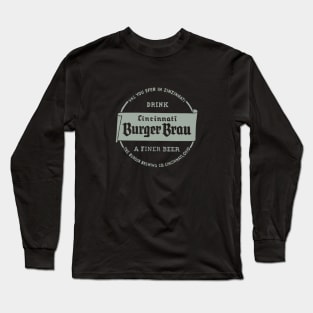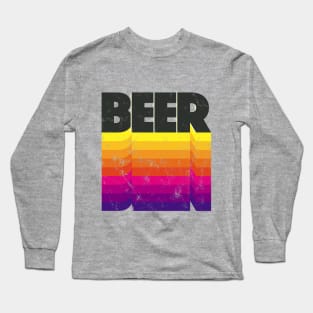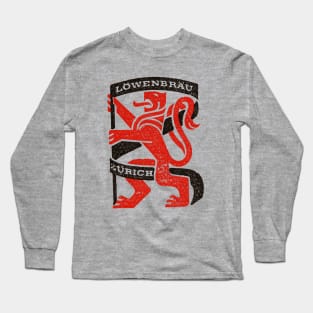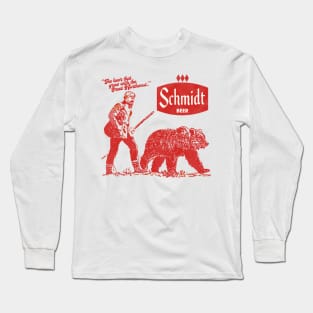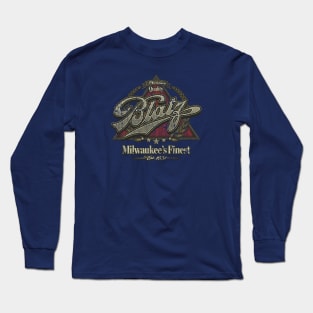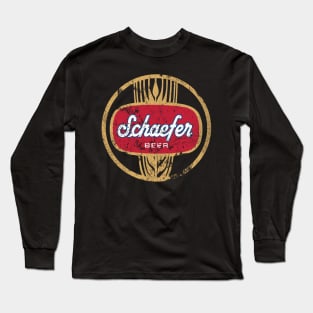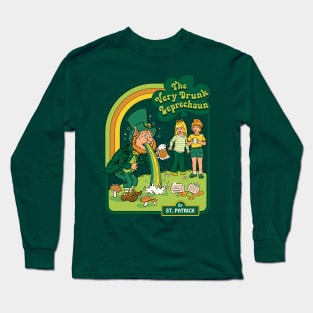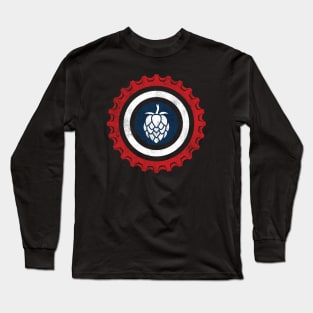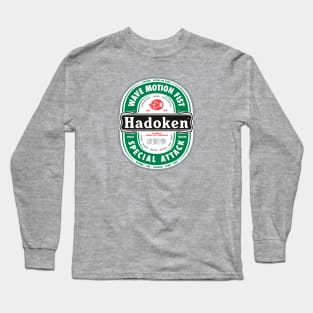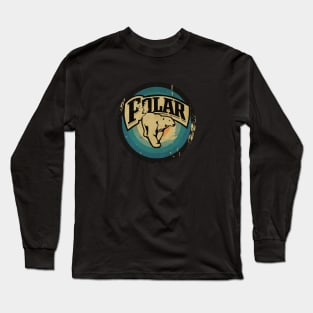Vintage Beer Long Sleeve T-Shirts
Search Results
Long Sleeve T-Shirt FAQ
What material is this item made of?
100% cotton (Heather is a Cotton/ Poly blend). Pre-shrunk. Slightly heavier than our t-shirts but ideal for a long sleeve tee. Sized for men but can look great on women!
What USA ship methods are available?
UPS MI Domestic (6-8 Business Days)
FedEx 2-Day (4-6 Business Days)
Estimates include printing and processing time.More Shipping Info
What is the Return/Exchange policy?
We want you to love your order! If for any reason you don't, let us know and we’ll make things right.Learn More


